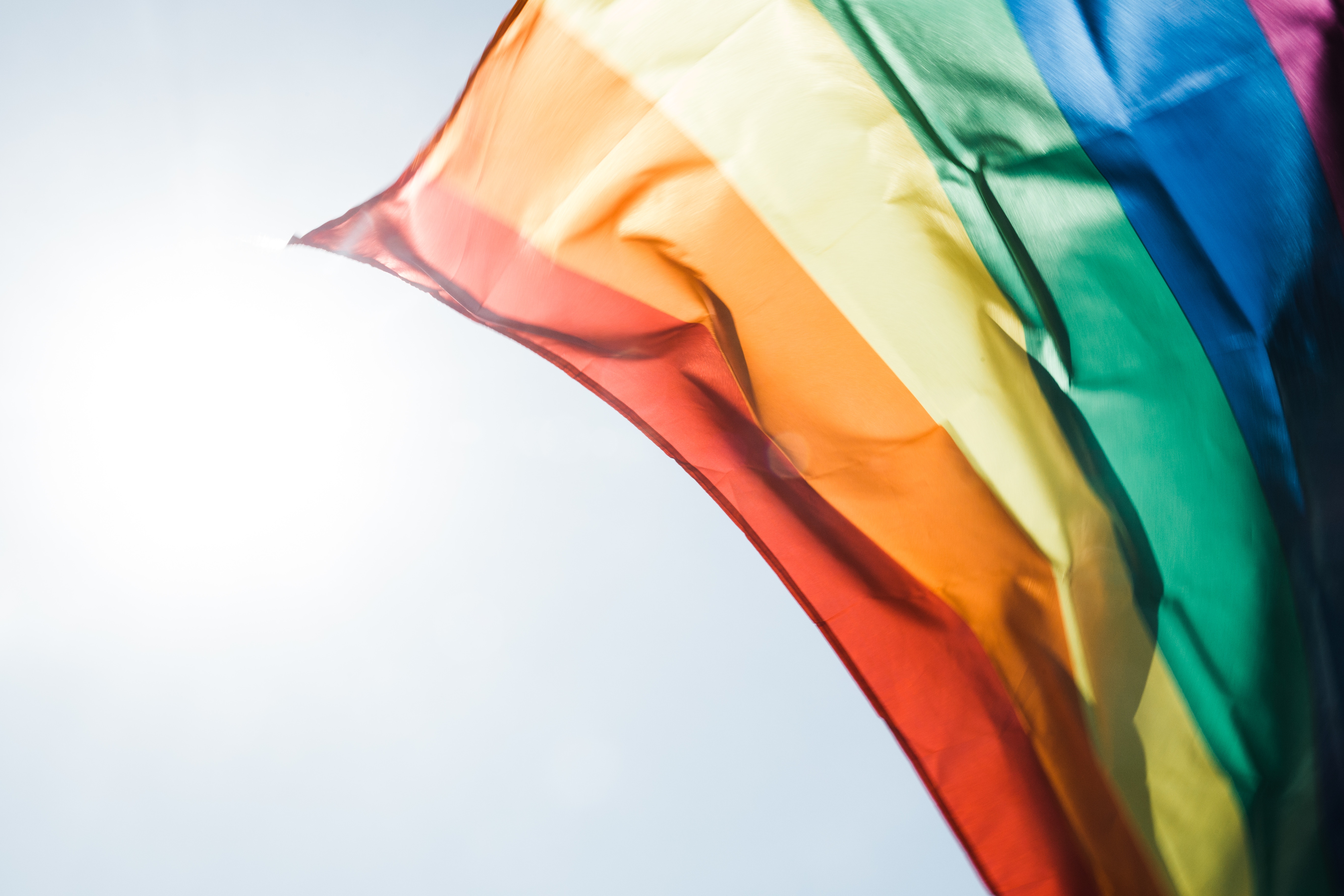
By Sophia Lee, Board Chair of Gender Justice League
The first of my friends came out as gay in high school. He was immediately rejected by his family; his parents would openly talk about how he was a screw up and that he wouldn’t amount to anything. And I wondered, why would anyone come out to their parents while still in high school? Why would anyone take that risk? Even then, I knew the danger that coming out to family represented to LGBTQI+ people. The fear of rejection by my family and friends prevented me from coming out until I was able to independently support myself as an adult. This is a conundrum that almost all LGBTQI+ people face: come out early and risk rejection by family and friends or come out later and not be able to live our lives genuinely.
Rejection by family for being LGBTQI+ often times means becoming a homeless youth. Estimates show that up to 40 percent of all unaccompanied homeless youth are LGBTQI+.
Even as adults, being LGBTQI+ carries risks. LGBTQI+ people can be fired for being themselves in over 26 states depending on how you interpret the law. In other states, many employers get around laws by finding any flaw in the work that LGBTQI+ people do and then use that as a reason to fire them.
For all these reasons and more, LGBTQI+ people are more susceptible to homelessness and poverty than the rest of society.
But how does this all relate to the climate crisis? When one thinks of the climate crisis, the images that come up are usually those of melting ice caps, anemic polar bears, and greenhouse gas emissions from factories and cars -- but not the LGBTQI+ community.
While we’re used to seeing the climate crisis as a global issue, in actuality, the impacts are often felt on an individual basis.The impacts we’re seeing today highlight how environmental disruption impacts societal issues -- they are inextricable. The climate crisis puts additional stress not only on our environment but also our social and political systems. Effects and impacts radiate through every order of magnitude; large-scale geologic and climate disruptions cascade to disproportionately affect the people who are living in the poorest areas of the world.
Droughts affect food supplies and drive food prices up, creating or exacerbating food insecurity for vulnerable families. Bigger and more frequent storms bring destruction to more areas, leaving impacted communities homeless or shouldering a huge debt to rebuild their lives. Drier summers lead to forest fires that brings about fogs of smoke to nearby areas, affecting those with respiratory issues like asthma and other health issues.
For the financially secure, the climate crisis means turning up the heat a little bit during the winter or spending a little bit more on food when grocery store prices go up. But to many people, and a large number of LGBTQI+ people, it means colder nights sleeping outside, or going to bed hungry because they’re unable to afford food, or less money for the social services that LGBTQI+ people disproportionately must rely on.
LGBTQI+ people live in less resourced neighborhoods than their non-LGBTQI+ counterparts. Living in underresourced neighborhoods often means living closer to pollution drivers which ultimately affect the health and well-being of the people in the area. The climate crisis will only exacerbate the health and safety issues and challenges these communities face.
Due to rejection by family, job insecurity, and/or financial instabilities, LGBTQI+ people also have less resources than their cisgender heterosexual counterparts. That leads to being more susceptible to impacts of the climate crisis, like the rising prices of goods and services.
The environmental movement seeks to create safe and healthy living conditions for all people. Full stop. Everyone deserves the right to live genuinely -- at home, at work, in our cities, and in our wilderness, without fear of rejection or danger. But while we live in a world where LGBTQI+ people continue to be second class citizens, we also live in a world where the climate crisis will disproportionately affect LGBTQI+ people. That is why climate change is an LGBTQI+ issue and deserves our full attention.